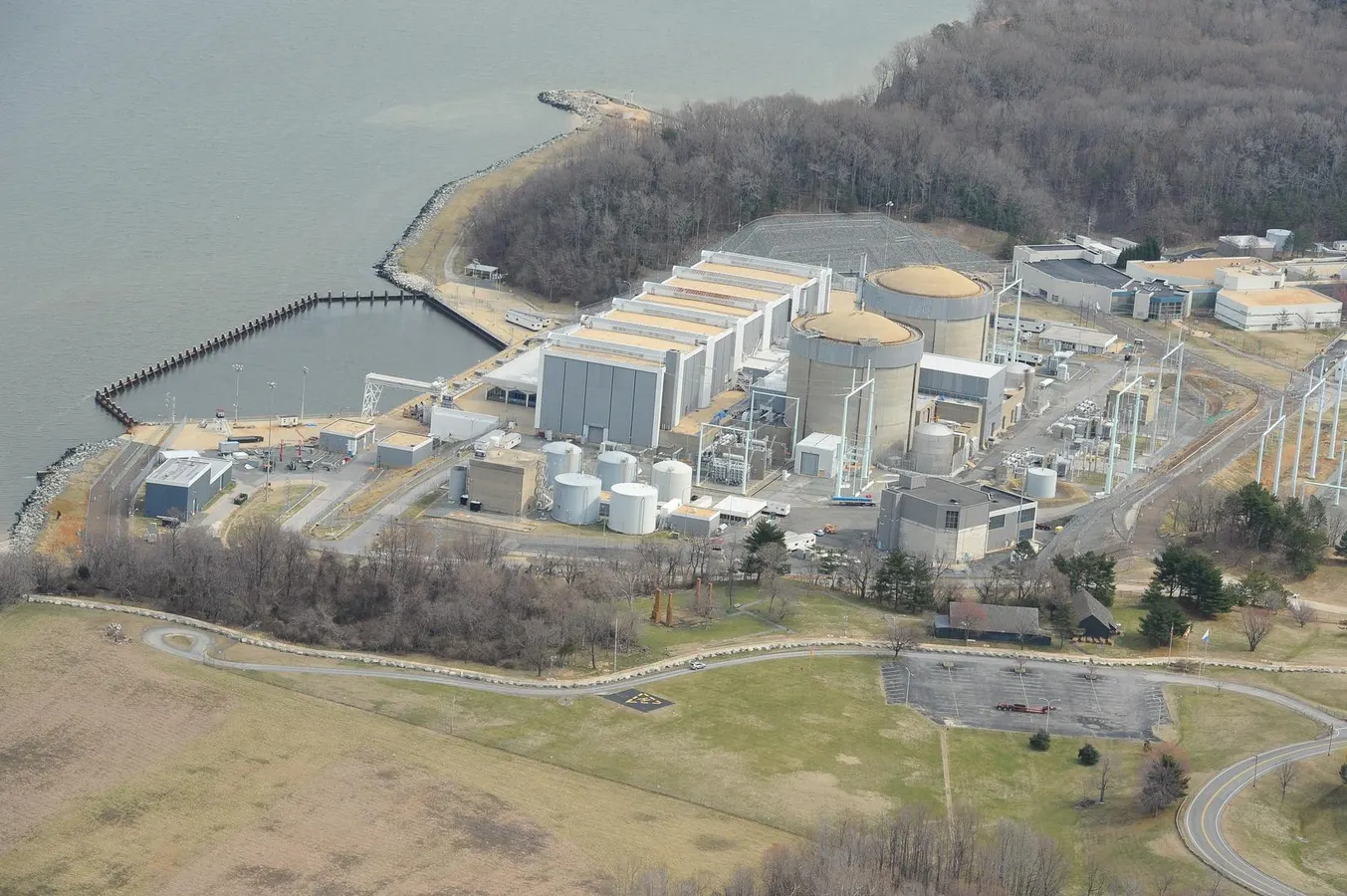Copyright forbes

LUSBY, MD.-March 12: The Calvert Cliffs Nuclear Power plant in southern Maryland on March 12, 2011 in Lusby, Md. (Photo by Jonathan Newton/The Washington Post via Getty Images) The Washington Post via Getty Images Periodically, there is a sea change in attitudes to energy and the environment. One such is taking place now. Former British Prime Minister Tony Blair recently said that Britain, in the grip of a major electricity shortage, should abandon its commitment to end the use of fossil fuels. Gas should be reprieved. An attitude adjustment on fossil fuel electricity generation is taking place across Europe. The old goal of zero-carbon emissions is being reassessed: Some carbon from natural gas turbines is now regarded as tolerable and inevitable. Other Issues Overlooked In the United States, Bill Gates has suggested that the environmental movement has lost sight of other issues affecting human wellbeing in pursuit of the zero-carbon goal. Similar feelings are expressed in the citadels of environmentalism and state utility commissions. These are being driven by the extraordinary demands AI and the data centers are putting on the electricity supply system, and by a sense that the Biden-era goals are too restrictive. President Donald Trump’s administration has denounced renewables. Trump not only described climate change as a “hoax,” he also told the United Nations General Assembly that it is a “con.” MORE FOR YOU The electric utilities have acknowledged climate change. They are on the frontlines, dealing with more and stronger extreme weather events. And they favor a future which embraces all the carbon-free generation they can get plus natural gas. As for coal, they favor the continued operation of existing coal-fired plants, but not investment in new ones. There is no enthusiasm for new coal mines. Quietly the utilities are at odds with the Trump administration over coal, but not over gas. This new, limited tolerance for carbon emissions brings to mind the extraordinary history of nuclear and its public and political acceptance, then rejection, and now acceptance. There is a lesson there about public and political enthusiasm. With public and political acceptance and support, the second golden age of civilian nuclear power is underway. All the indications are that it will dwarf the earlier golden age, which lasted from the 1960s into the 1970s. The nuclear trajectory began to falter during the licensing of the Calvert Cliffs plant on the Chesapeake Bay in the early 1970s. Around that time, the environmental movement — which had been gaining strength since Rachel Carson’s 1962 book “Silent Spring” — settled on nuclear power as a threat to public health and safety. Opposition was something of a moveable feast. First off, focusing on the temperature rise in rivers and estuaries with once-through cooling. That was the initial issue at Calvert Cliffs. Soon other issues were added, including the impact of radiation near reactors, pressure vessel integrity, and whether cooling water would reach the core of the reactor in the event of an accident — a major issue. The concentration on “emergency core cooling” resulted in an Atomic Safety and Licensing Board hearing in Bethesda, Maryland, which ran for nine months. An even bigger public and political concern was nuclear waste and what to do with it. It remains an open issue, but the alarms have quieted. Opposition to nuclear power grew during the 1970s with many prominent Democrats, consumer activist Ralph Nader, and Nobel Prize-winner Linus Pauling joining the ranks. Essentially, the nuclear power option ended with the Three Mile Island accident in 1979. While the Chernobyl accident in 1986 alarmed Europe, it was discounted in the United States because the reactor was a Soviet design, radically different from the pressurized water reactors and their cousins, the boiling water reactors, used here. Fukushima: The Big One The Fukushima Daiichi accident in 1999 had a catastrophic impact on the nuclear industry and public opinion everywhere. The German chancellor at the time, Angela Merkel, shuttered the country's six operating reactors. In America, nine states still have moratoriums on building nuclear plants, including California, Massachusetts and Minnesota. What was more important was the political division: Democrats across the board turned hostile to nuclear power while Republicans remained mostly in favor of it. The alarm over global warming and climate change has upended everything again. Nuclear, once the bête noire of Democrats and the environmental movement, is now accepted. It appears that another concession is needed: acceptance of natural gas. The lesson for the future here is that public and political attitudes change and change back. Now that there is a surge to revive old nuclear plants, build large new ones and many small modular reactors, the question arises: How will the public react to another nuclear accident, another Three Mile Island? Or, by the same measure, how will the public react to a major environmental disaster tied to greenhouse gas emissions? Editorial StandardsReprints & Permissions



